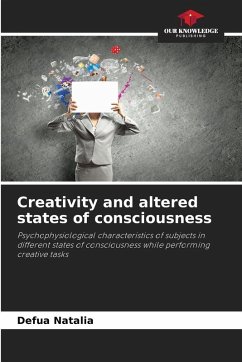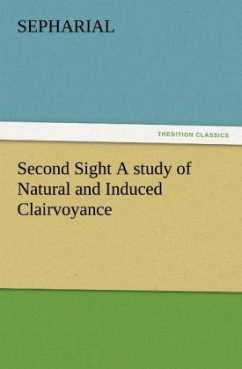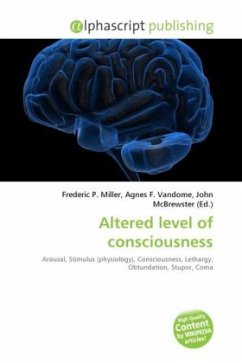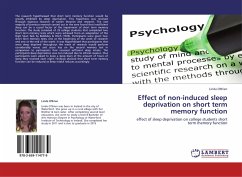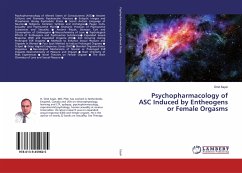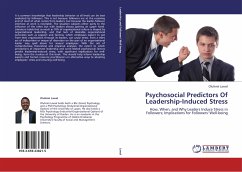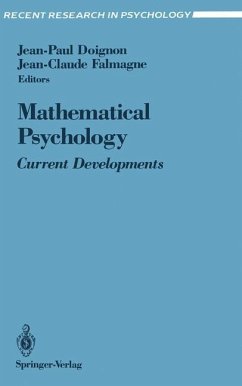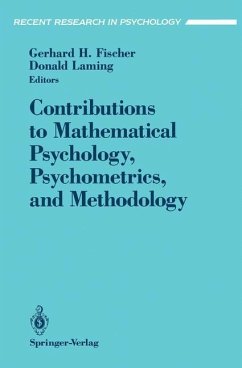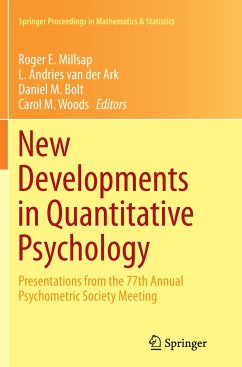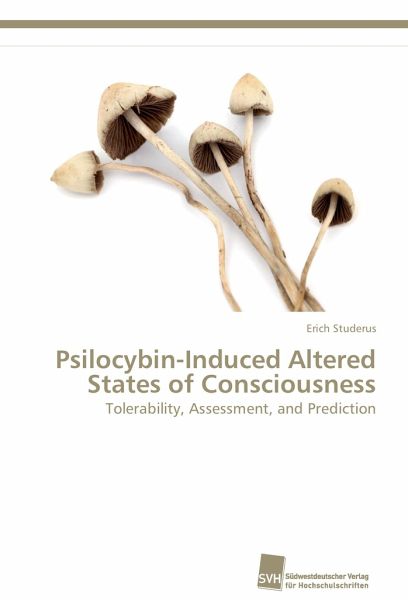
Psilocybin-Induced Altered States of Consciousness
Tolerability, Assessment, and Prediction
Versandkostenfrei!
Versandfertig in 6-10 Tagen
53,99 €
inkl. MwSt.

PAYBACK Punkte
27 °P sammeln!
Since the early 1990s, hallucinogenic drugs, such as psilocybin, have been increasingly used to investigate the neuronal basis of altered states of consciousness and psychosis. Furthermore, renewed interest has emerged in using these drugs as an adjunct to psychotherapy. The present dissertation consists of three empirical studies, all of which were based on the pooled data from Prof. Vollenweider's research group at the University Hospital of Psychiatry in Zurich. Vollenweider's group was one on the first to restart human hallucinogen research in the early 1990s and since then has collected a...
Since the early 1990s, hallucinogenic drugs, such as psilocybin, have been increasingly used to investigate the neuronal basis of altered states of consciousness and psychosis. Furthermore, renewed interest has emerged in using these drugs as an adjunct to psychotherapy. The present dissertation consists of three empirical studies, all of which were based on the pooled data from Prof. Vollenweider's research group at the University Hospital of Psychiatry in Zurich. Vollenweider's group was one on the first to restart human hallucinogen research in the early 1990s and since then has collected an amount of data that is unrivaled in the world. In the first study, acute, subacute, and long-term subjective effects of psilocybin were investigated by analyzing the pooled data of eight double-blind placebo-controlled experimental studies. The second study critically examined the psychometric properties of the altered states of consciousness rating scale OAV. The aim of the third study was to detect the most important predictors of psilocybin response. The effects of 24 predictor variables were examined in a sample of 409 psilocybin sessions.





